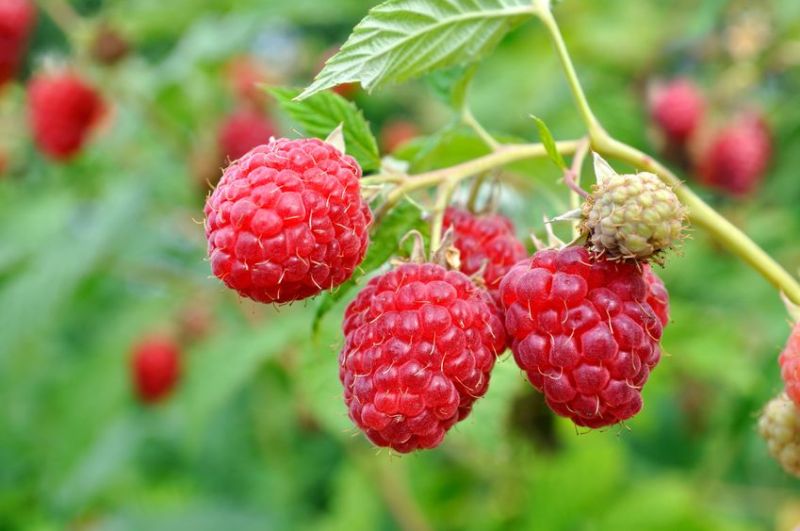
The UK's largest soft fruit co-op has been awarded £2.5m to create the 'world's first robotic farm' which sets out to address future labour shortages.
‘Robot Highways’ is a project which aims to ensure industry sustainability labour challenges, the need for global food production and reduce environmental impacts.
The project will perform the biggest known demonstration of robotics and autonomous technologies, which will be hosted at Clock House Farm in Kent.
The trial aims to showcase the future of growing, where robots will carry out essential, energy intensive physical farm processes such as picking and packing fruit and treating crops to reduce critical pests and diseases.
Grower-owned co-operative Berry Gardens was part of the successful consortium responsible for delivering the project.
The group also consisted of Saga Robotics, a leader in robotics for the soft fruit sector, the University of Lincoln and the University of Reading, among others.
They say the project is key to industry sustainability by reducing sector reliance on seasonal labour, estimating a 40% reduction in the labour required.
It will also provide solutions for moving the sector towards a carbon zero future, with an estimated 20% reduction fruit waste and 90% reduction in fungicide use.
Artificial intelligence and machine learning technologies will be harnessed, and crucial improvements will be made to telecommunications infrastructure in rural settings.
Defra farming minister Victoria Prentis welcomed the project, saying British farming 'had never before been at the centre of forward-looking innovations'.
"It is great to see investment in these outstanding ideas which will help us tackle the farming’s greatest challenges, from achieving net zero to investing in sustainable alternative protein for animal feed."
Harriet Duncalfe, Chairman of Berry Garden’s Grower Research Advisory Panel, said the co-op was 'dedicated' to investing in the future of soft fruit growing.
"Research into robotics is essential to ensure the industry continues to grow and develop to meet consumer demand for good quality soft fruit, grown sustainably and efficiently.
"Not only could robotics help growers carry out essential work more efficiently, it will also help reduce our reliance on seasonal labour, all whilst moving the sector towards a carbon zero future."
